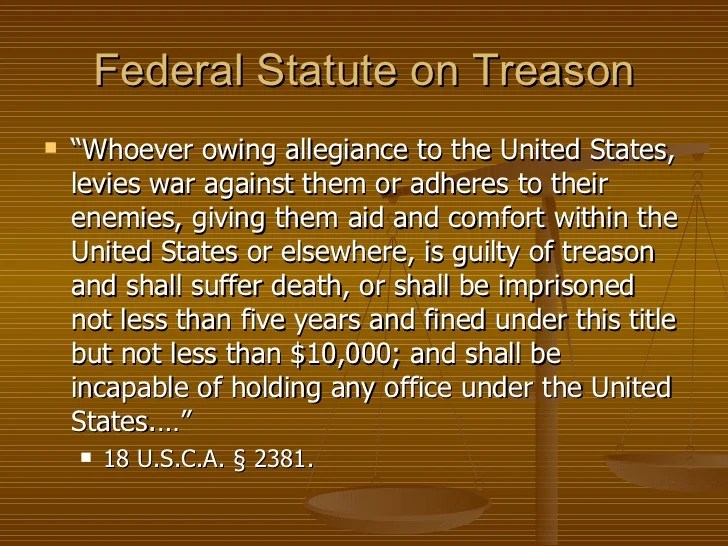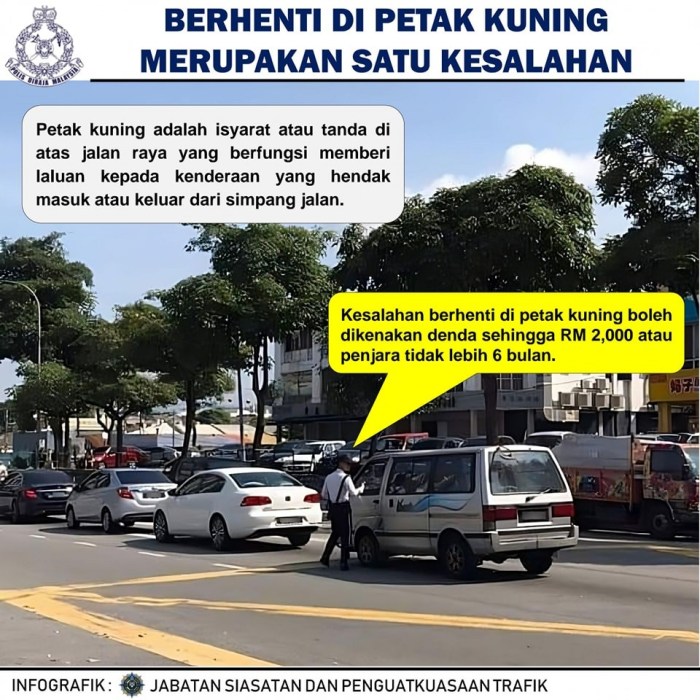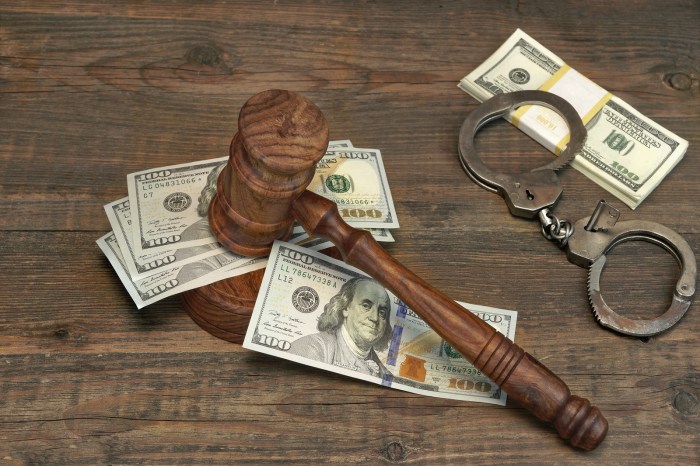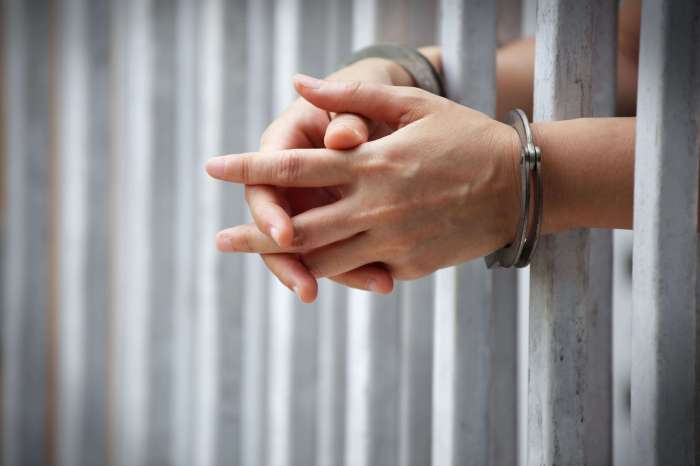You can be fined or imprisoned for _____. – The legal system imposes various penalties, including fines and imprisonment, for specific actions that violate established laws and regulations. Understanding the potential consequences of one’s actions is crucial for responsible citizenship and adherence to societal norms.
This comprehensive guide delves into the legal consequences of specific actions, exploring the severity of penalties associated with different offenses and the factors considered in determining appropriate punishments. It also examines the impact of fines and imprisonment on individuals, families, and communities, highlighting the financial burden, social stigma, and psychological effects associated with these penalties.
Legal Consequences of Specific Actions: You Can Be Fined Or Imprisoned For _____.

Violating laws and regulations can have severe legal consequences, ranging from fines to imprisonment. Specific actions that can lead to such penalties include:
- Criminal offenses:Engaging in illegal activities such as theft, assault, drug possession, or driving under the influence can result in fines or imprisonment, depending on the severity of the offense.
- Civil offenses:Violating civil laws, such as breach of contract, negligence, or defamation, can lead to fines or other penalties imposed by courts.
- Regulatory offenses:Failing to comply with regulations set by government agencies, such as environmental or safety regulations, can result in fines or imprisonment.
The severity of penalties associated with different offenses varies depending on factors such as the nature of the offense, the intent of the offender, and the potential harm caused.
Impact of Fines and Imprisonment

Fines and imprisonment can have significant financial, social, and psychological consequences:
Financial Burden of Fines
- Fines can impose a substantial financial burden on individuals or organizations, potentially leading to financial hardship.
- Unpaid fines can result in additional penalties, such as wage garnishment or property seizure.
Social Stigma of Imprisonment, You can be fined or imprisoned for _____.
- Imprisonment can lead to social stigma and discrimination, making it difficult for individuals to reintegrate into society after release.
- A criminal record can limit employment opportunities, housing options, and access to certain benefits.
Psychological and Emotional Effects of Imprisonment
- Imprisonment can have severe psychological and emotional effects, including anxiety, depression, and post-traumatic stress disorder (PTSD).
- Isolation and lack of social contact can lead to feelings of loneliness and hopelessness.
Impact on Families and Communities
- Fines and imprisonment can disrupt family relationships and financial stability.
- Imprisonment can lead to increased poverty and social inequality within communities.
Prevention and Mitigation Strategies

Preventing fines and imprisonment involves avoiding actions that violate laws and regulations. This includes:
- Education and awareness:Understanding the legal consequences of specific actions can help prevent violations.
- Compliance with regulations:Familiarizing oneself with and adhering to regulations set by government agencies can minimize the risk of penalties.
If facing fines or imprisonment, there are strategies to mitigate the consequences:
- Legal representation:Consulting with an attorney can help navigate the legal process and potentially reduce penalties.
- Negotiation:In some cases, it may be possible to negotiate with authorities to reduce fines or imprisonment terms.
- Community service:Engaging in community service may be an alternative to imprisonment or can reduce the duration of imprisonment.
FAQ Overview
What are some common actions that can result in fines or imprisonment?
Common actions that can lead to fines or imprisonment include traffic violations, disorderly conduct, property damage, theft, assault, and drug offenses.
How are the severity of penalties determined?
The severity of penalties is typically determined by the nature of the offense, the intent of the offender, the harm caused, and the offender’s criminal history.
What are some strategies for avoiding fines or imprisonment?
Strategies for avoiding fines or imprisonment include obeying laws, seeking legal advice when necessary, and participating in diversion programs or community service.
